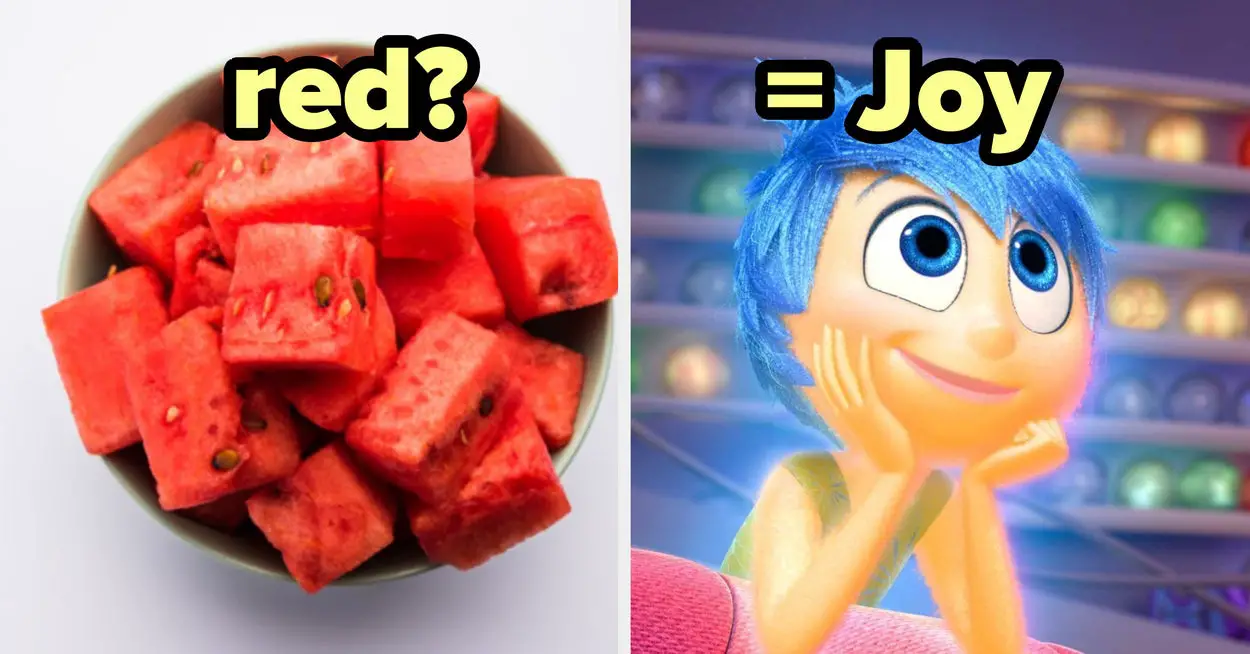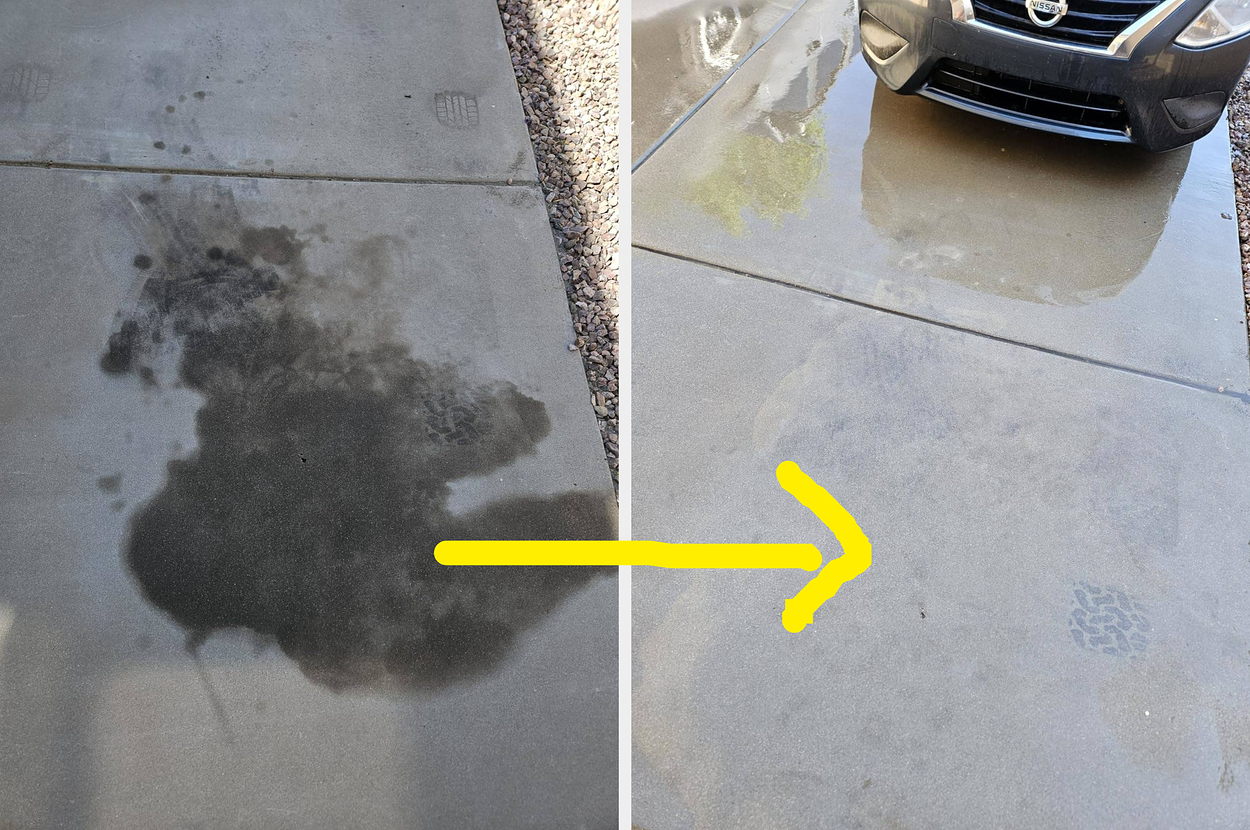According to the new study, the age difference between siblings also has a bearing on their mental health, with close gaps overall leading to poorer outcomes. According to Gardere, that trend is directly related to “bungling.”
“Because they are closer in age, the kids may have the same maturational stage as we tend to treat them the same way or give them the same type of resource,” he said. “The reality is that they may be close in age but have individual needs and, as parents, we tend to miss that. In other words, we don’t distinguish their individual or unique needs or perspectives.”
Quigneaux believes that the tendency to compare each other should also be part of the larger conversation, as kids, especially teens, “are experiencing an increased awareness of others which leads to competition and comparison.”
Siblings that are close in age in particular probably share friends and partake in similar activities, both facts that may indirectly force them to compare their lives. That, Quixneaux said, “can lead to anxiety and self-esteem issues.”
Are there any positive mental health benefits to having siblings?
The short answer is yes. This is just one finding; research also shows that siblings can be beneficial in different points of our lives as well.
“Having siblings can contribute positively to the mental health of teens by providing emotional support, fostering a sense of companionship and creating a built-in social network,” Quigneaux said. “Siblings can offer a unique understanding of each other’s experiences, share a sense of belonging, and provide companionship during both positive and challenging times.”
Gardere noted that the “diluted” love and support offered by parents is in direct juxtaposition to the attention given by siblings.
“It’s like being born to a band or an athletic team,” Gardere said. “There is more support from not only the parents but especially the siblings.”
Only children may get more attention from their parents than those with siblings, but the latter group gets to interact with brothers and sisters, which, in a way, fills up the void of their parents’ “diluted” attention.
What can parents do to mitigate this?
Source link











Leave a Reply